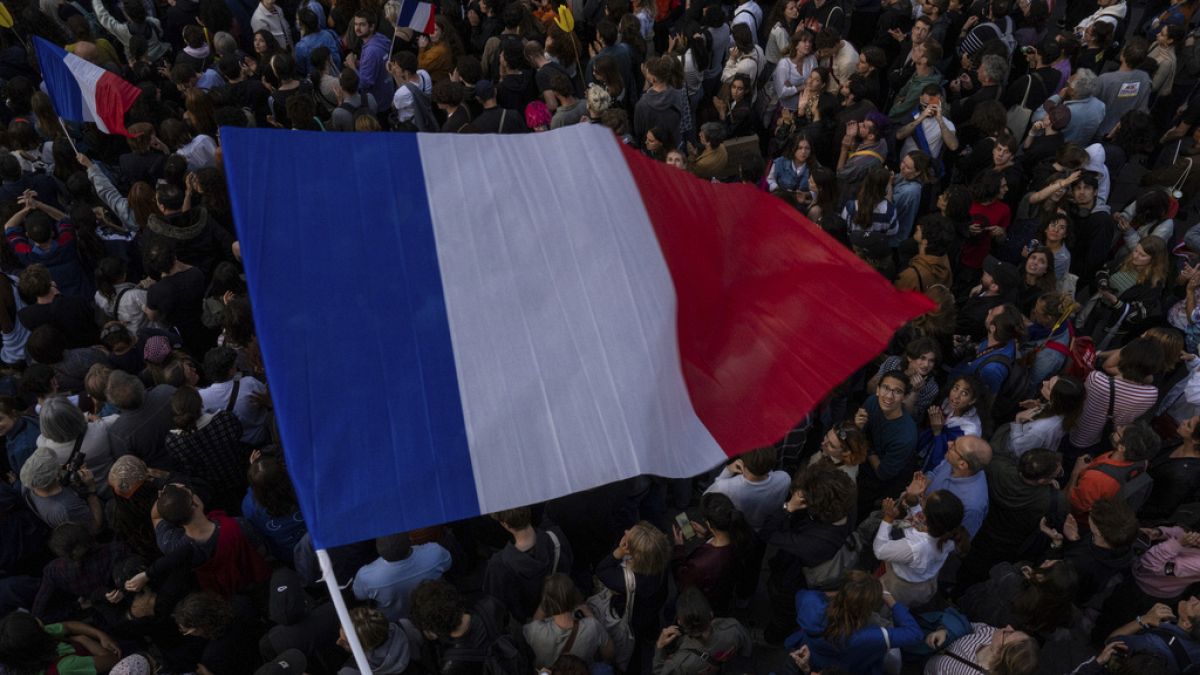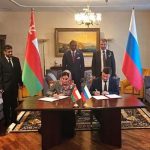In recent European political developments, the far-right group ‘Patriots for Europe’ has gained momentum in the European Parliament. Led by Hungarian Prime Minister Viktor Orbán, this group now has enough followers to be formally recognized in the hemicycle. With 23 MEPs from various nationalist parties across Europe, Patriots for Europe is set to become a significant force in the EU parliament. This political bloc includes parties such as the Danish People’s Party, the Dutch Party for Freedom, and Portugal’s far-right Chega party, among others.
Ahead of Sunday’s French elections, all eyes are on the far-right National Rally led by Marine Le Pen. If Le Pen’s party secures an absolute majority, it could lead to France’s first far-right government since World War II. The National Rally emerged as the top party in the first-round voting, ahead of centrist and left-wing coalitions. There is speculation that Le Pen may choose to join forces with Orbán’s group in the European Parliament, which would make them the third largest political force in the EU parliament.
The political landscape in France has been marred by instances of racism, anti-semitism, and cyber-campaigns during the electoral campaign. More than 50 candidates have reported physical attacks, prompting the government to deploy 30,000 police officers on election day. Amidst these challenges, the National Rally continues to push its agenda of conservative family values and opposition to immigration. Additionally, the party aims to end European support for Ukraine’s defence against Russia’s invasion, aligning with the nationalist stance of Patriots for Europe.
While Le Pen considers the possibility of joining Orbán’s far-right group, EU leaders have expressed concerns over Hungary’s recent actions. Orbán’s surprise meeting with Russian President Vladimir Putin in Moscow to discuss the Ukraine war was met with condemnation from EU officials. Despite assuming the EU’s rotating presidency, Orbán’s unilateral actions were deemed unauthorized and not representative of the EU as a whole. This raises questions about Hungary’s role within the EU and its alignment with Russia on key geopolitical issues.
As the formation of Patriots for Europe gains traction in the European Parliament, the balance of power within the EU institutions could shift. If Le Pen’s National Rally decides to merge with this group, it would significantly impact decision-making processes and policies at the EU level. With rising nationalism and far-right movements across Europe, the implications of these political alliances extend beyond national borders. The coming days will reveal the final outcome of these negotiations and the future direction of right-wing politics in Europe.











